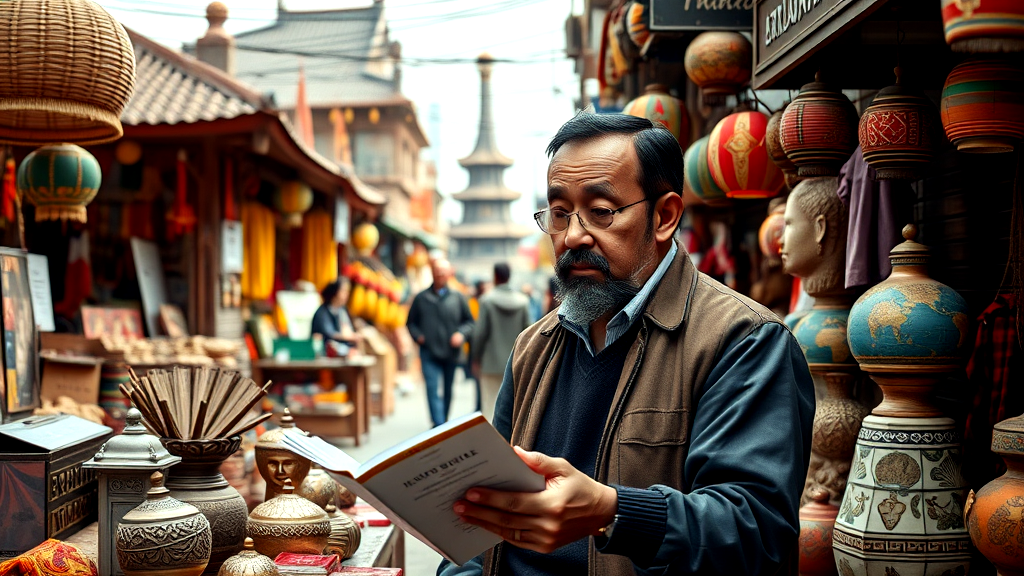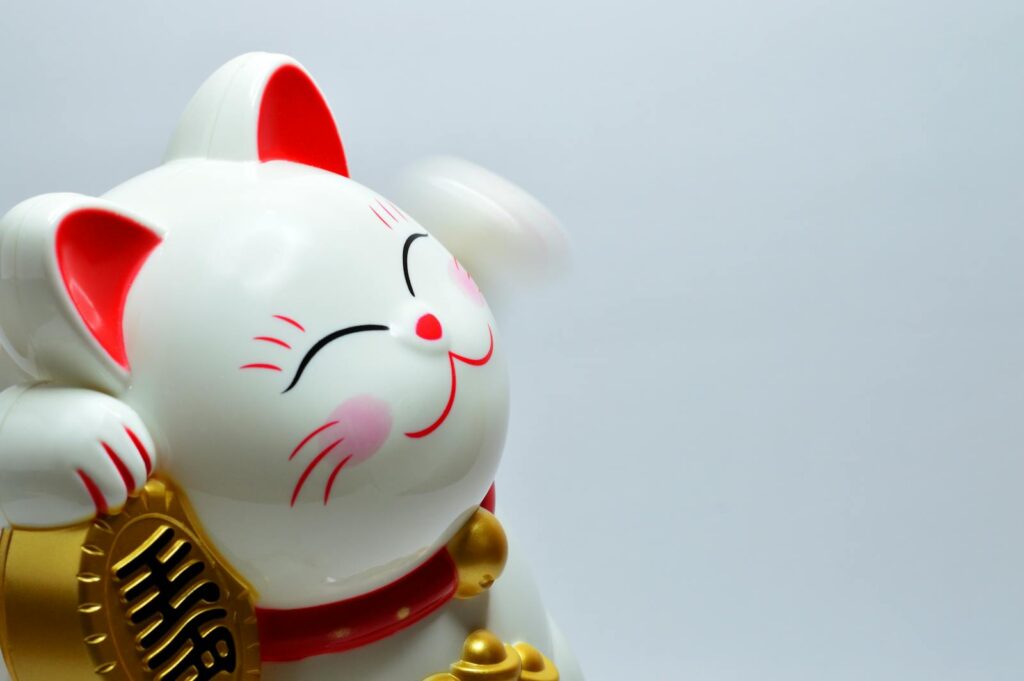Translation’s Role in Power and Language
In today’s world, the influence of translation is like a tale of battle-ready warriors. It shapes how languages wield power and authority. I’ve seen how modern English translations can turn a simple text into a mighty tool. For instance, translating ancient texts into modern English bridges the gap between generations. It’s like handing a map to lost travelers. I find this fascinating! Even Christian wives in different cultures can gain new understanding through translation. This is not just academic talk; it’s about real-world impact. When words cross borders, they carry the weight of their origins, yet adapt to new lands. As a translator, I feel like a cultural ambassador, connecting worlds with every word.
Key Takeaways
-
Translation extends influence by adapting texts to fit various cultural contexts.
-
It plays a key role in international trade, ensuring accurate communication.
-
Its impact on cultural exchange fosters understanding and appreciation across societies.

Historical Influence of Translation on Global Power Dynamics
How has translation influenced global power over time? It’s a fascinating journey through history. Translation has long been more than a mere linguistic exercise. It’s a strategic tool for empires and nations, extending their reach and solidifying control. Think about how religious texts were translated to align with cultural norms and support political agendas. That’s where the real translation influence becomes evident.
Trade negotiations? That’s another biggie! Imagine sitting at the table with folks speaking different tongues. Without precise translation, all those agreements could turn into a game of broken telephone. I mean, who wants a deal to go south because of a translation hiccup? That’s why accuracy in translating trade documents is crucial. It’s about ensuring everyone understands the deal.
Then there’s the cultural side. Translation is like that universal remote controlling cultural exchange. It’s how we dive into foreign literature and philosophies. A book from one culture becomes a window into another world when translated. This exchange? It’s more than words. It’s how we understand each other, share our stories, and appreciate diversity. Yet, the challenge remains to keep the soul of the original text alive.
But let me tell you, it’s not all smooth sailing. Sometimes, nuances get lost. You ever try translating humor? It’s like telling a joke in a foreign language—tricky! But when done right, translation opens doors to empathy and new perspectives. That’s the magic of it!
|
Historical Event |
Translation Influence |
Outcome |
|---|---|---|
|
Roman Empire |
Adapted Greek texts |
Cultural dominance |
|
Islamic Golden Age |
Translated scientific works |
Knowledge expansion |
|
European Renaissance |
Ancient texts revived |
Cultural rebirth |
|
Age of Enlightenment |
Philosophical texts shared |
Intellectual growth |
|
Modern Trade Deals |
Precise legal translations |
Economic stability |
History shows translation as a force shaping global dynamics. It’s not just about words. It’s about connecting worlds and ideas. From empires to modern trade, translation has been a silent architect behind the scenes. It’s like building bridges with words. And that? That’s something I find truly remarkable.
Translation as a Bridge in International Trade Negotiations
In trade talks, translation often serves as the linchpin for meaningful dialogue. Precise language conversion ensures that all parties understand the terms and nuances of agreements. This is crucial, as even a minor slip can lead to massive headaches. With translation, everyone can negotiate smartly and clearly.
I once saw a seasoned negotiator almost lose a deal due to a translation mishap. The document had swapped ‘guarantee’ with ‘warranty’. Such subtle mistakes can cause major setbacks. Having a skilled translator can be like having a secret weapon in your pocket.
Translators need to be eagle-eyed, catching those slippery spots where errors love to hide. They play detective, ensuring that every word aligns with the intended meaning. This ensures that agreements are airtight, leaving no room for disputes.
In our modern world, where English often takes center stage, understanding its nuances is invaluable. It’s fascinating how language can shape outcomes. Mastering the subtleties of modern English can tilt negotiations in your favor.
Here’s a table showcasing translation influence in trade talks:
|
Aspect |
Description |
Outcome |
Translation Influence |
|---|---|---|---|
|
Legal Clarity |
Ensures precise terms |
Fewer disputes |
High |
|
Cultural Sensitivity |
Respects local customs |
Enhanced relationships |
Medium |
|
Economic Terms |
Accurate financial language |
Stability |
High |
|
Technological Advances |
Keeps up with tech jargon |
Effective communication |
Medium |
|
Multilingual Teams |
Diverse language skills |
Broader reach |
High |
Here’s a quick rundown of what I’ve learned about translation’s role in trade:
-
It ensures everyone comprehends the deal’s terms.
-
Prevents potential legal pitfalls through precision.
-
Bridges cultural gaps, fostering mutual respect.
-
Keeps up with industry-specific jargon for clarity.
-
Offers a competitive edge, especially in multilingual contexts.
-
Enhances mutual trust by eliminating misunderstandings.
-
Plays a crucial role in international business success.
-
Protects against economic repercussions from translation errors.
So, next time you’re in a trade negotiation, remember the unsung hero in the room: the translator. They’re the real MVP, ensuring that every word counts and every meaning sticks the landing.
Translation’s Impact on Cultural Exchange and Understanding
Unveiling the power of translation in fostering cultural exchange and mutual understanding, I must say, it feels like witnessing a magical dance of words. This dance not just introduces different cultures to each other but also nurtures empathy and appreciation. Translation influence is monumental in shaping how we perceive and understand diverse worlds. It acts like a bridge, connecting people, beliefs, and traditions, ensuring the essence of each culture remains intact.
Through translation, ancient texts, modern literature, and philosophical works find new audiences. It’s like opening a secret door to a room filled with treasures of knowledge! This process helps us appreciate the richness of different cultures, allowing us to see the world through another’s eyes. Sometimes, though, the challenge is to keep the original spirit alive while making it accessible to new audiences. It’s a tricky balance, like walking a tightrope, maintaining the depth of meaning while adapting to modern English.
Let’s think about it: would we have known about Greek philosophy or Indian epics without translation? Probably not. These works have shaped ideologies and influenced countless societies. Translators play an essential role here, like cultural ambassadors, ensuring that these stories resonate with audiences across time and space.
However, it’s not just about literature or philosophy. The impact of translation extends to visual art and music, where cultural nuances can be subtly embedded. This cultural exchange not merely broadens our horizons but also helps in breaking stereotypes and prejudices.
But, hey, translating is not all sunshine and rainbows. Misinterpretations can happen, leading to confusion or even conflict. So, accuracy is crucial. Translators must be like detectives, digging deep to capture the true essence of the text. Yet, when done right, translation builds bridges, not walls, fostering peace and understanding across the world.
|
Aspect of Translation |
Cultural Impact |
Challenges |
Outcome |
|---|---|---|---|
|
Literature |
Expands access |
Maintaining authenticity |
Enriched understanding |
|
Philosophy |
Influences thought |
Balancing nuances |
Broader perspectives |
|
Art |
Cross-cultural exposure |
Preserving original intent |
Enhanced appreciation |
|
Music |
Shared experiences |
Capturing emotion |
Emotional connection |
-
Translation opens doors to global literature and philosophy.
-
It enhances appreciation for diverse art and music.
-
Translators act as cultural ambassadors.
-
Misinterpretations can lead to confusion.
-
Translators must capture the true essence.
-
Done right, translation fosters global peace.
Atlas Obscura highlights how certain figures from early Christianity were overlooked in mainstream translations. Check out their insights on The Rebel Virgins and Desert Mothers.
Conclusion
Translation is like the unsung hero of global affairs. It holds the delicate balance between cultures, politics, and economies. Imagine the chaos if trade deals or peace treaties got lost in translation. Yikes!
In cultural exchange, translation is a passport to new worlds. It opens doors to diverse stories and traditions. It’s like tasting a new cuisine without leaving your kitchen. Yet, preserving the flavor of the original text is tricky. I mean, who wants to read Shakespeare in emoji?
In the end, translation is not just about words. It’s about connecting people and ideas. It’s the quiet force holding the world together. Now, that’s some serious responsibility for a bunch of words, right?
FAQ
-
How does translation influence global power dynamics?
Translation plays a big role in shaping global power. It’s not just about switching languages. It’s about adapting ideas to fit different cultures. For example, religious texts have been translated to consolidate power. These translations often emphasize certain interpretations to suit cultural or political needs. -
Why is translation important in international trade negotiations?
Translation is crucial in trade talks. It acts like a bridge between languages and cultures. Accurate translation of trade agreements prevents misunderstandings. Even small translation mistakes can cause big legal or economic problems. So, nations rely on translators to clearly express their interests. -
How does translation contribute to cultural exchange?
Translation lets us share literature, philosophy, and art across languages. It opens doors to understanding different cultures. By sharing stories and perspectives, we gain empathy and appreciation for diversity. The tricky part is keeping the original text’s authenticity while making it accessible to new audiences. -
How has translation historically impacted the extension of empires?
Empires have used translation to spread their influence. By adapting texts and ideas, they fit local contexts. This isn’t just translation; it’s a tool of power. It helps empires integrate and control new areas by aligning texts with their objectives. -
What challenges do translators face in maintaining a text’s authenticity?
Translators have a tough job. They must keep the essence of the original text. They need to make it understandable to new audiences without losing cultural significance. It’s a delicate balance between staying true to the original and making it relatable for others.




